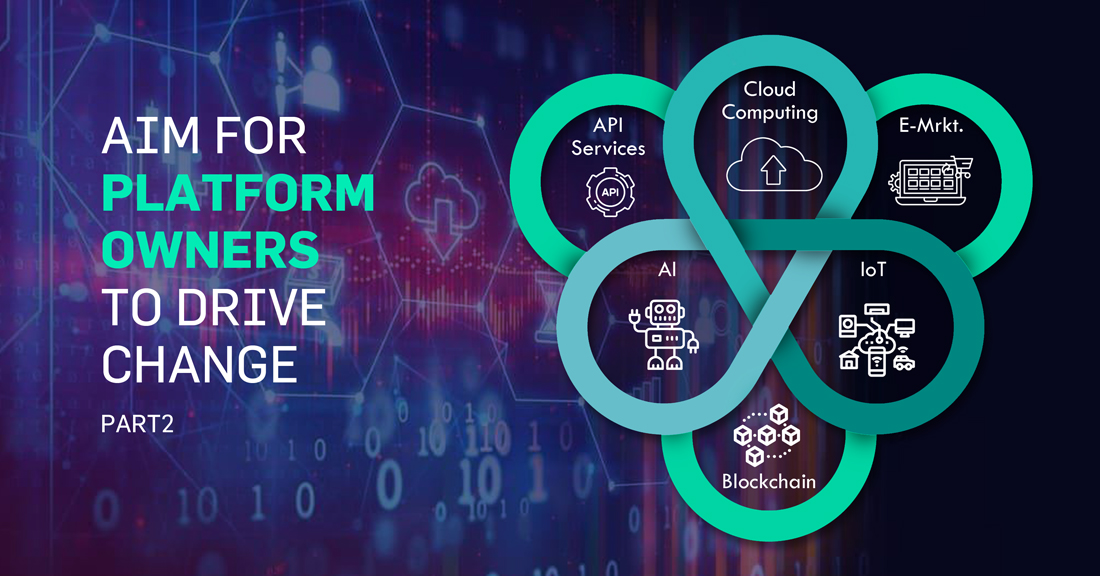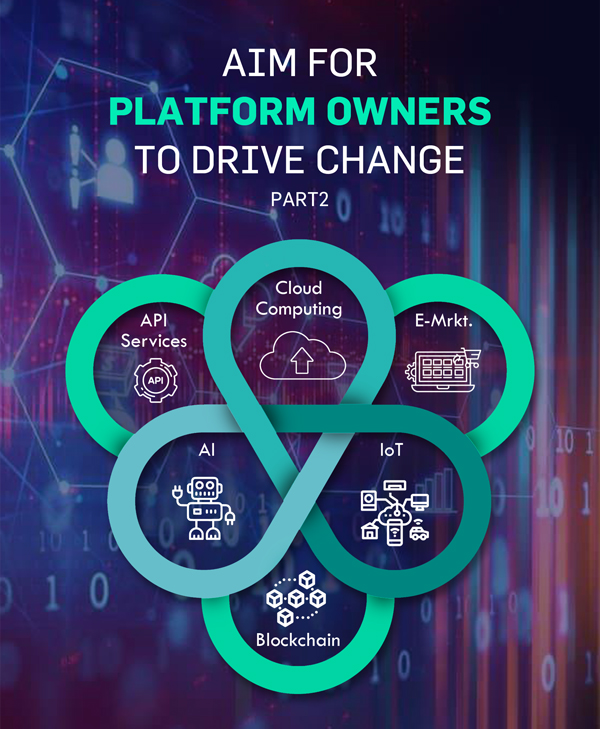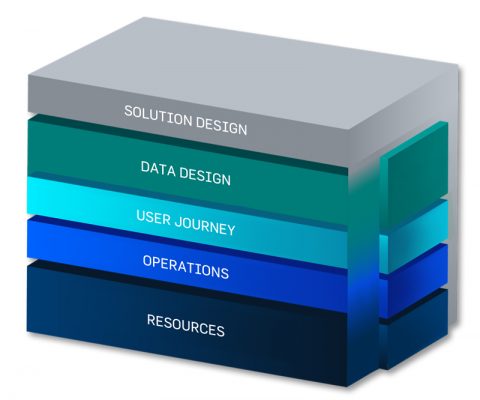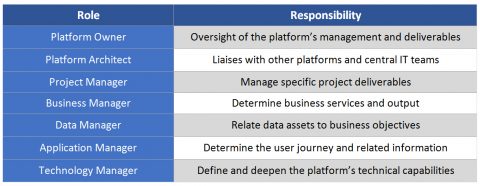



To deliver banking transformation, the organisational framework should be as agile as the technology
Back in March, we published the first of a 2-part series recommending the need to appoint Platform Owners (POs) as part of the drive to accelerate banking digitalisation.
Unlike current constructs that rely on digital teams to act as a bridge between business and technology functions, POs are intended to transcend such divides in a more revolutionary manner. Our article suggested that these platforms could include Cloud Computing, API Services, E-marketing, AI, IoT, Blockchain, etc.
For each platform, owners should have sufficient autonomy for the following:

The above accountabilities have the potential to bring about not just faster digital transformation, but importantly, agile transformation. This means veering away from “big bang” modernizations of a bank’s business model, architecture and applications that can amount to billions of dollars of upfront expenses.
Instead, by identifying key transformation platforms and empowering their owners, banks are in effect committing to an adaptive model of transformation. Grand architectures are replaced by loosely coupled platforms that can evolve in line with changing customer expectations and technological advancements.
That said, platforms are not a free for all. POs would still be expected to align with enterprise level business strategies, governance frameworks and data structures. Platforms would share a number of common business goals and KPIs and new forms of collaboration would be expected in place of existing inter-team siloes.
Here are 5 ways a new-age Platform Owner differs from the traditional Product Manager:
- Multi-Product Expertise
Platforms will necessarily span multiple banking products. Platform Managers will therefore need a working knowledge of all products and their business drivers. It is every POs responsibility to locate within each of their platforms the optimal intersection of the user experience, desired business outcome, operating model and technological capability.
- Playing By The Book
Platform Owners must be able to foster team autonomy but at the same time, be able to adhere to the bank’s digital transformation playbook, ie the guidelines and practices that are common to all platforms. These would typically include the maintenance of modular architecture, repeatable processes, minimal tool customisations and system interoperability. - Data Sharing
A key deliverable for a Platform Owner is that data assets collected from his/her platforms must be seamlessly shared with other POs (notwithstanding any regulatory restrictions) and made reusable for different contexts. Gone are the days when Product Managers could ringfence their data from others in the same organisation. - Faster Decision Making
POs are tasked to conduct instant impact analysis of their platforms for which they are responsible. Unlike product managers of old, POs share the responsibility for ensuring that enterprise-wide business, data and technology artifacts are continuously assessed in terms of their relevance to innovation needs. - Cross-Functional Team Building
In order to minimize inter-team dependencies, POs must be able to lead multi-talented teams. It is anticipated that a platform could contain the following roles:

Platform Owners and their respective teams are part of a broader banking re-think. As banks strive to modernize and quickly, it is important to reflect this within both their systems and people architecture.
